Use this set of guided notes when teaching your students about electricity and circuits.
What Is a Circuit? Kid-Friendly Definition
Are your students starting to learn about the basics of circuits and electricity? This can be a fun, hands-on concept for students to learn, so let’s take a quick look at how you can explain the meaning of a circuit to your class.
A circuit is a closed loop or pathway that allows electricity to flow. You can think of it as a special route that electricity takes to power things like lights, toys, or electronic devices. A circuit is made up of different parts, including a power source (like a battery), wires to carry the electricity, and something that uses the electricity, like a light bulb or a fan. When everything is connected in the right way, electricity can move through the circuit and make things work. So, a circuit is how we make electricity do useful things!
What Are Guided Notes?
Teach Starter has developed a set of guided notes to use with your class when teaching about circuits and electricity. This teacher-created resource was designed to be used alongside our Electricity and Circuits Slide Deck.
Guided notes are teacher-prepared handouts that provide students with the information being presented in class but leave blank spaces for students to fill in key facts, concepts, and definitions. During the lecture or while reviewing assigned readings in class, students will follow along and fill in the blanks. In the end, you may want to show a completed version for your students to check their work.
Why Use Guided Notes in Class?
Guided notes promote active engagement from your students while you are teaching a concept or during independent reading. They not only show your students the most important information covered but also provide a wonderful set of accurate notes for your students to use as a study guide at the end of the unit.
Easily Prepare This Set of Electricity Notes For Your Students
If you are ready to get your hands on this set of science notes, head on over to the green download button! Here, you will find the quick-print PDF file or the editable Google Slides version. Please note that if choosing the Google Slides option, you will first be prompted to make a copy of the resource to your personal drive before accessing it.
This resource was created by Gaby Perez, a teacher in Texas and a Teach Starter Collaborator.
More Electricity Resources For Your Classroom!
Don’t stop there! We’ve got more activities and resources that cut down on lesson planning time:
[resource:4696174] [resource:4835165] [resource:4817327]
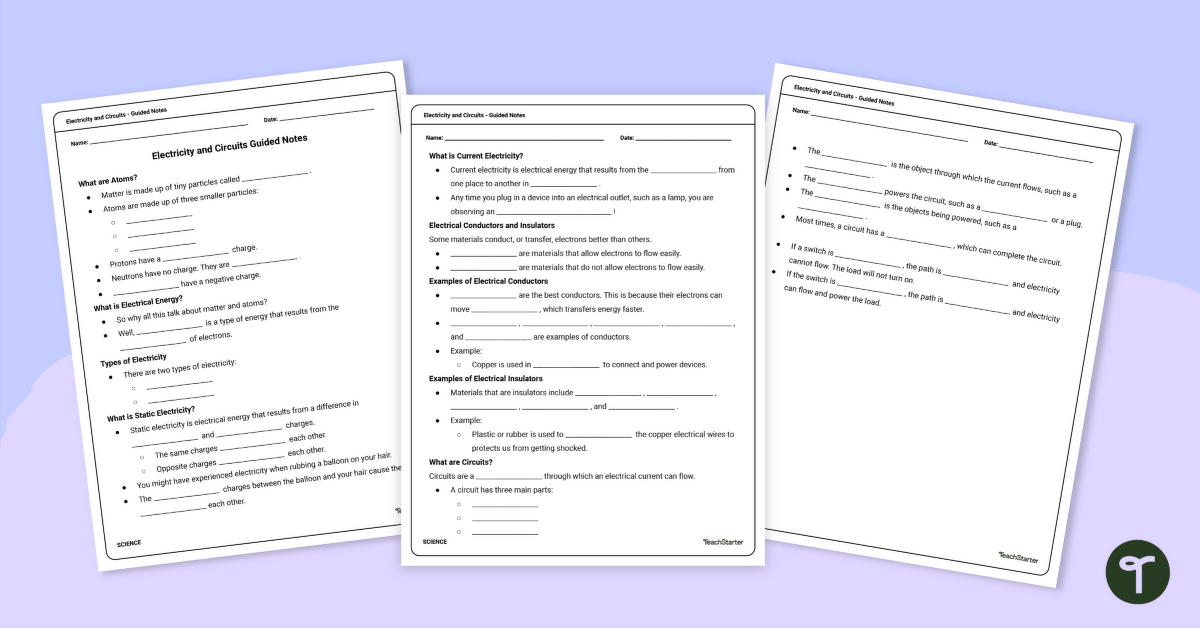

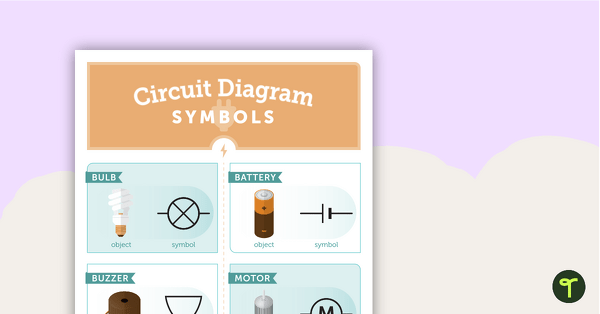
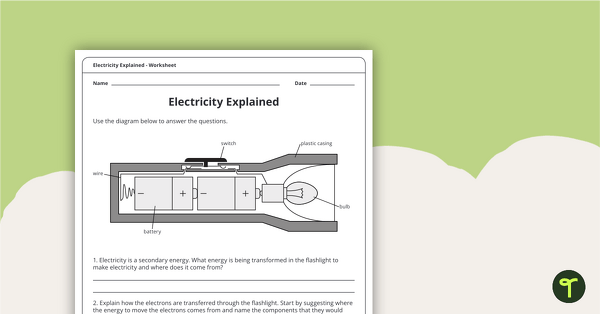
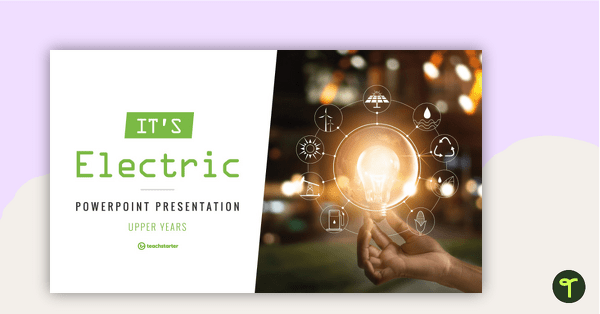
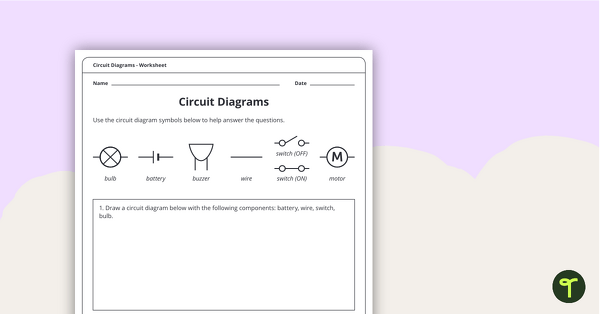
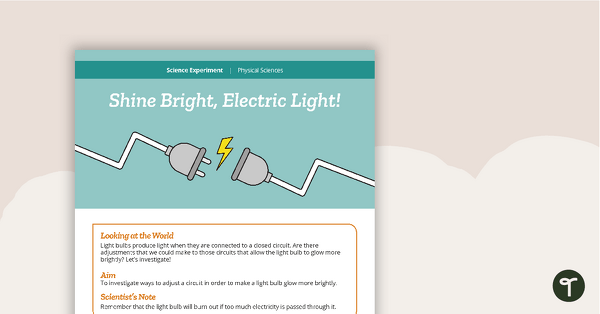
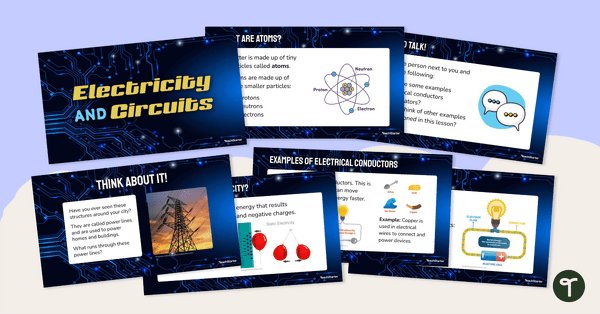
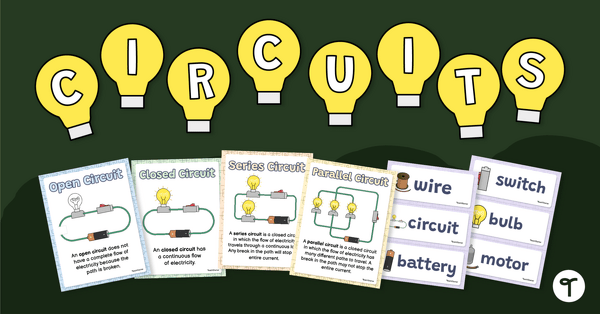
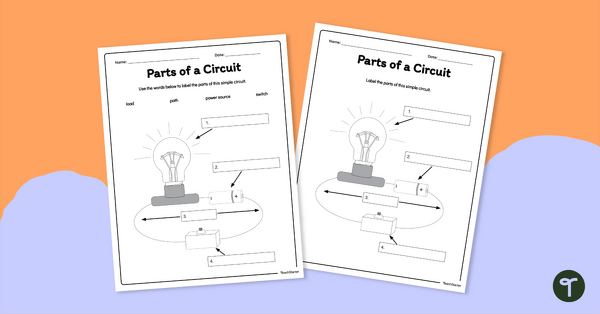
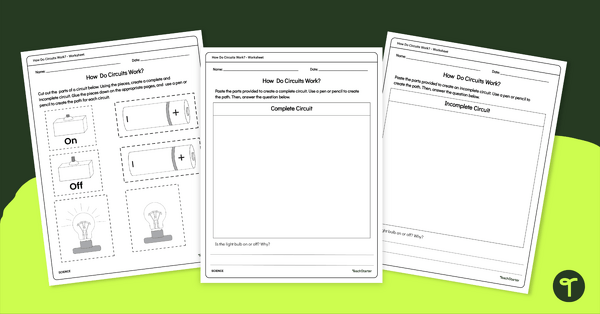
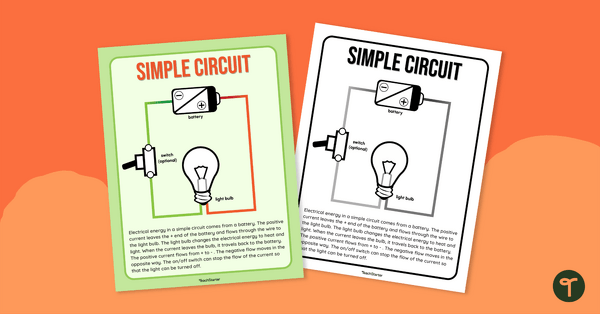
0 Comments
Write a review to help other teachers and parents like yourself. If you'd like to request a change to this resource, or report an error, select the corresponding tab above.